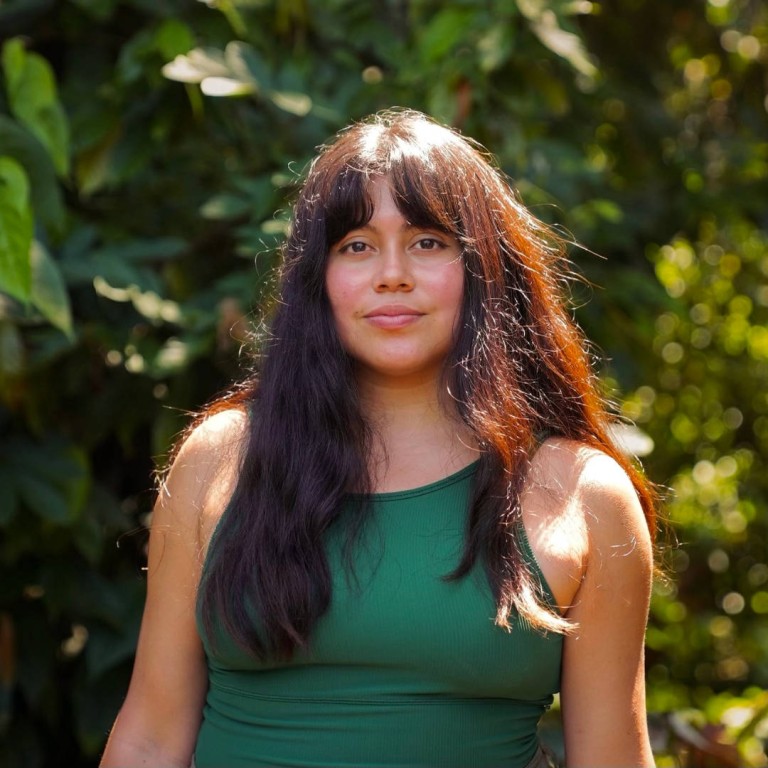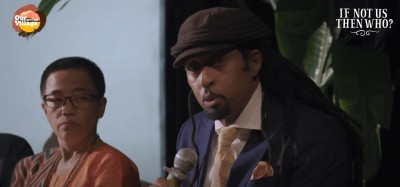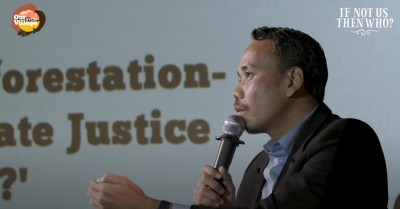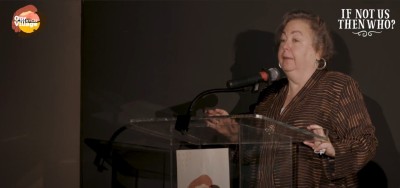Defending Home
Transcript
We are facing mining. It’s existed in my home territory for over 20 years. But in the pandemic, more and more companies from the outside, from China, from Canada, but also just Ecuador itself, local governments, those who are supposed to be our leaders are mining an Indigenous territory and destroying our home. Our bodies. They are in our islands, which for us is not just where we grow our food, but it’s where our ancestors are buried. It’s where our grandparents are. So when they extract, literally when they dig in these islands, they’re also digging up the graves. And for us, like I said, my body is not just body, it’s those of my ancestors. So it’s a deep pain when I see it happen. But I think there is a deep joy as well to be able to now, with my cousins, be able to really speak up and of generations of generations of cries for justice, you know, using multiple languages, different ways of sharing stories like, you know, cameras to really change our future.
Eli shares the devastating impact of mining on her community as mining companies from Canada, China and Ecuador encroach on Indigenous Lands. Not only is this endangering the environment but it is also desecrating the resting places of their forebears in which they have been buried. Despite these challenges, Eli shares a glimmer of hope. Eli alongside her relatives have used the power of storytelling to bring attention to these issues and call for justice, which showed to be successful in the victory over the yasuni vote.

How to transform the system?
Those most affected by the climate crisis are also those with the least power to decide and act on it. Tackling climate justice demands a shift in power, not only to repair frontline communities, but also to make sure that those who negotiate, sign and approve are also those most knowledgeable of what needs to be done to stop the crisis.


